“The Ohio Senate proposed Senate Bill 210, which would prohibit local government from regulating disposable containers. So, there you have it, there was an effort to reduce the plastic bags, but they moved forward on a state level, to prevent local governments from regulating disposable containers.”
Plastics Pollution in Cuyahoga County and Ohio
By Fran Mentch, Activist, and Northeast Ohio Sierra Club Recorded at Whiskey Island & Wendy Park, 2800 Whiskey Island Drive, Cleveland, OH 44102. Hello, here we are on a beautiful day, in beautiful Wendy Park. Lake Erie is over there on my right and leading to the whole wide world. My name is Fran Mentch, I’m the co-chair of the Northeast Ohio Sierra Club, Water Committee. I’m here today speaking on behalf of the environment, but I am not speaking as Sierra Club. The concern I want to discuss has to do with plastics, plastic pollution. We all come at this in different ways. Always, the personal becomes the political, but we are all drawn to that plastics in the environment, no matter on what level, it’s clogging your drain, and in fact having an impact on wildlife, or if you are someone who is aware the chemical composition of some plastics and their potential for impact on public health. My goal, is to talk about plastics pollution, because you’re all aware of it but when you talk about it and then when you think about it, you bring it into your personal life and you become more aware. It’s what someone pointed out, we’ve all lived through this and when someone points something out to you and then you’re aware of it. Before somebody shows you the birds nest, or the plastic pollution, you walk by it. But once it’s brought to your attention, you become very aware of it and begin to think about how it is that it moves about in your world.
The Political Discourse of Plastics Pollution
The political discourse, on the ideological spectrum, about keeping plastics out of the environment, about legislating against plastics bags or whatever, it usually comes down to an argument over money and jobs. And in many of these issues, it’s very complicated. To say where the money comes from, where it goes, how long it stays, who it ends up benefiting, all those things are extremely complicated. We know from political science, voters look for a short-cut. They look for a heuristic. I don’t want to get all this complicated, I want something really easy. So the heuristic, is money and jobs. It’s taxes and jobs. Well, that is pulled into the political discourse about plastics too. It's All About Jobs and Money They (the public) will say, “People are working. They have a job making plastics or whatever it is. The taxes from those jobs are helping everybody.” They’ll say, “If you pull the plastics out of the environment, you’re removing jobs.” Well, again you have to dig deeper. It is somebody’s job but behind that is a large manufacturing enterprise. They have lobbyists and they are protecting their self-interests. Corporations protect their self-interests as we all do individually. That is part of the discourse. However, it is more complicated that just somebody losing a job. You don’t know if those people could find another job. Will not the shift in thinking and the use of plastics have impact, they won’t disappear, but they will in fact shift. You need to think about that as a consideration. It is complicated, but it is true that shift in energy in general, that jobs went from one sector to another and now there are all these ‘green’ jobs. You don’t know how this would act out in the environment, either. If you own a grocery store and you spend less money on purchasing plastic bags and in dealing with them, you may in fact think I’m going to improve the quality of the experience of my customer. I might hire somebody to help facilitate packing bags, or all of these other things we look for quality and pleasure in our life. So that’s part of the discourse of money and jobs. If you follow that, you’ll see it doesn’t always turn out the way that the argument is sold. I’ve lived through that several times as an activist and money and jobs usually shift one place to the other. Nanny Government? The other part of the political discourse is a “nanny government”. The government shouldn’t have to be involved in telling people, getting that involved in people’s lives. So there’s an ideological stance also. It’s just get the government out of our lives, the market will solve the problem. And in many ways that is true, including the plastics. The most effective way to change people’s behavior is to, in fact, legislate against it. “It’s going to cost you ten cents if you use a plastic bag.” People will bring reusable plastic bags and will use less bags. Let the Market Solve The Problem! Back to this, “the market will solve all the problems,” in truth, the market is leading this argument on plastics. For over a decade, you can’t get bags from Costco, if you get them from Aldi’s or Save-a-Lot, they charge you. I think they are not even available. I don’t know what goes on with Whole Foods but it’s the same type of thing where the private sector is saying, “We don’t want to provide plastic bags for free because is something’s free it gets wasted, right? People are willing to bring their own or pay for bags. So, the private sector is really leading in this way. So that’s another way to look at this on the ideological spectrum. What’s going on locally, legislatively? The local is so important! People are much more interested in and bombarded with what goes on on the Federal level and even on the state level. But really what impacts your life, maybe it’s not as interesting or sexy, what really impacts your life is local issues, local legislation.
Photos: Whiskey Island & Wendy Park, 2800 Whiskey Island Drive, Cleveland, OH 44102.
Local Legislation is Effective
In Cuyahoga County there was a legislation that was proposed and co-sponsored by Dale Miller and Sunny Simon. These are two County Counsel representatives who have expressed concern about plastic bags and wanting to reduce their presence in our environment. So, they did propose legislation. The last time I spoke with one of them, I was told that it has not been brought back to the full Counsel for them to vote on. It became complicated politically, but this is something you could do: you can contact your Cuyahoga County Councilman. This is someone who is representing you to the Cuyahoga County Counsel or, you could contact Armond Budish, the County Executive. You could ask them to bring forward this legislation once again, that you feel that reducing the plastic bags in the county is essential. Incentives Activate People They were going to reduce the use by incentivizing people not to buy plastic bags at stores because it would cost them ten cents. There were some exemptions for people who would not have to pay that fee, but essentially it was you have to pay ten cents per bag and the monies would go toward paying the merchants for the costs of them doing that and for collecting the fee, and then the remainder was going to work on environmental issues in the county. So, contact your County Council Representative. It is good also to contact Dale Miller and Sunny Simon, since they are co-sponsoring, that will encourage them. They can say they’ve heard from people in the county and they are concerned about this and that’s why they’re doing it again. So, any of those things are very helpful - a phone call, or whatever is easiest for you, you certainly could do that. State Legislation Override The other thing of interest, and again this is dormant at this point, but this was really interesting. Shortly after County Council proposed this, and this is something going on throughout the State of Ohio, and not just here. As I said, in many ways we’re lagging behind, but through other areas of Ohio, people have begun talking about legislating against plastic bags - reducing, not against, but reducing the use of plastic bags. The Ohio Senate, down in Columbus, they proposed a bill, Senate Bill 210, which would prohibit local government from regulating disposable containers. So, there you have it, there was an effort to reduce the plastic bags, but they moved forward on a state level, to prevent local governments from regulating disposable containers. And there is a solution for this. The solution would be of course compostables or reducing the use, but this is what goes on politically. That’s why you do want to keep on top of it. Again, you can see, they probably did not initiate this legislation because individuals contacted them, this is of course, understandably, a part of the economy, a part of businesses banding together and they have lobbyists trying to promote their own self-interests. That’s why you too have to speak up. So, that is something else that was going on locally.
The Personal is Political
Finally, to go back to the concept of the personal is political, always the personal is political, there are many things. I came to this very discouraged, it’s easy for me to get discouraged, when I think about things on a broader level, but you can make a difference. I began to talk to places where I go to eat, about reducing their use of plastic straws. Sometimes they cannot reduce the use of plastic straws for various reasons they have to use straws. But they could move to using paper straws and I found they were very open to this. When you go places you could say, “Please I don’t want a straw.” If they bring you one, asked them to please take it back. That’s a simple thing. It was interesting to me: I brought this up in three different places and in all three occasions I asked to talk to the manager, I explained my concern and they were very receptive. They said, “Thank you for bringing that to my attention. I never thought about that. If we don’t use straws, we will in fact, save money.” And if they must use straws, which sometimes you have to because you need them, you could use a paper straw or a compostable. But that is something you could do and I think you’ll be pleasantly surprised that they will be open to talking about that. The other thing is, and it really doesn’t seem to have a whole lot to do with it but it does, anyways a lot of the packaging and a lot of the pollution of bags and so forth that we use - that if we need them - and I think about this when I’m shopping or making food - we need a certain amount of plastics to protect our food, but there is a lot of it that does not have a function. It simply, I don’t know what it is, if it’s decoration or it’s custom, but I have a hard time getting people not to bring a straw. I say, I want water but I don’t want ice, I don’t want lemon, I don’t want a straw, sometimes I tell them I’m saving the Earth or whatever, but I really don’t want any of those things and they have a hard time doing that because they think they’re cheating me somehow or that they’re not giving me a nice presentation. So, it is an interesting thing to take on. The next time you go out, say, “Please don’t bring me a straw” and you will find you will have a big, big impact. Good luck to everybody in this effort as you start to bump up against the world. And on behalf of Lake Erie, I guess I say, “Thank you!”. Download: Plastics Pollution in Cuyahoga County and Ohio by Fran Mentch, Northeast Ohio Sierra Club
Make A Donation to Western Cuyahoga Audubon. Your gifts guarantee chapter activities, programs and research continues to reach members and connect birding conservationists around the world. Use our safe and secure PayPal payment button below to make a donation of any amount you choose. All donations are gratefully received.
Comments
|
Policy BlogPublishing news and information pertaining to policy issues affecting birds and habitat conservation. WATCH "A New Twist for Wind Energy Plan for Lake Erie?" By Kevin Cronin, Attorney at Law
WATCH "Plastics Pollution in Cuyahoga Cty and OH" By Fran Mentch, NEO Sierra Club.
PetitionsArticlesOrgsTopicsArchives
April 2023
Categories
All
|
EDUCATENews Blog
Monthly Speakers Field Reports Bird Walk Reports Christmas Bird Count-Lakewood Circle Media Library Newsletter Archive Education Resources STORE |
Western Cuyahoga Audubon Society
4310 Bush Avenue Cleveland, Ohio 44109 [email protected] Western Cuyahoga Audubon Society is a 501(c)(3) nonprofit organization. Your donation is tax-deductible. The tax ID number is: 34-1522665. If you prefer to mail your donation, please send your check to: Nancy Howell, Western Cuyahoga Audubon Treasurer, 19340 Fowles Rd, Middleburg Hts, OH 44130. © 2020 Western Cuyahoga Audubon Society. All rights reserved. Privacy Policy | Terms of Use | Legal | Store Shipping Rates | Site Map |

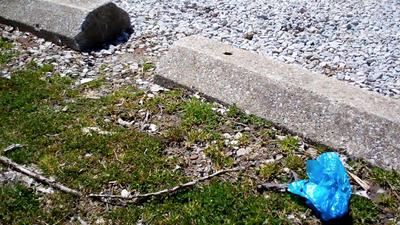

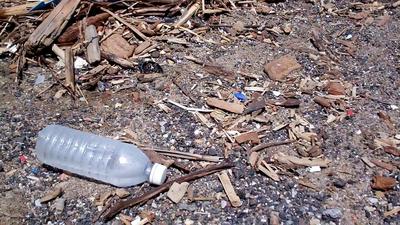
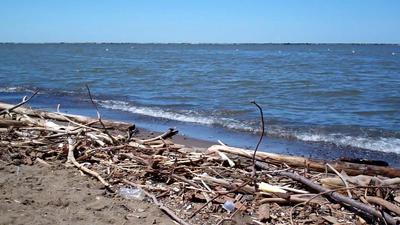
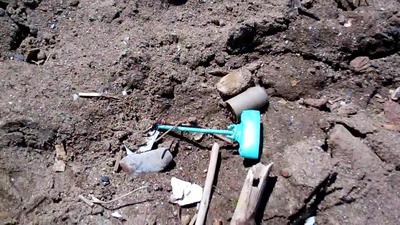
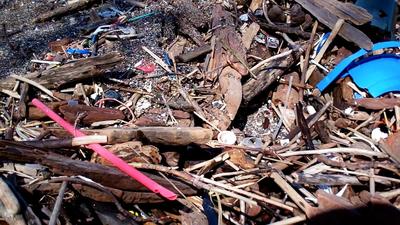
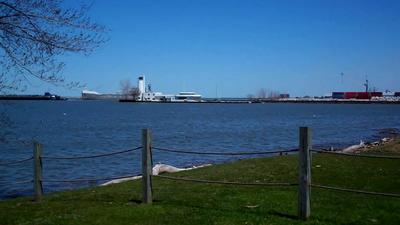
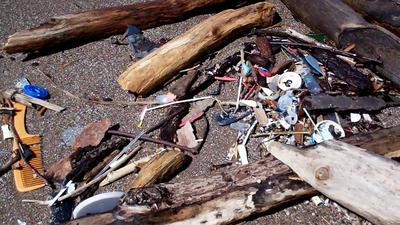
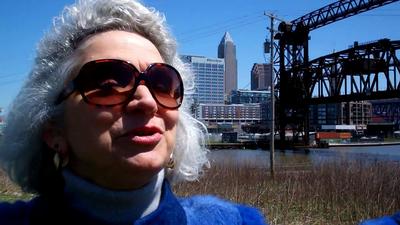
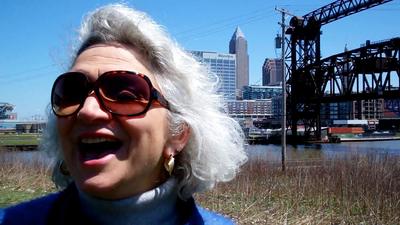
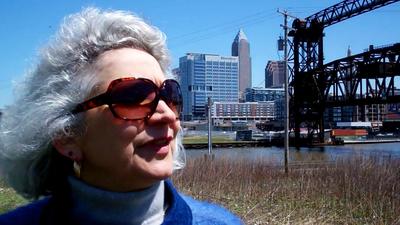
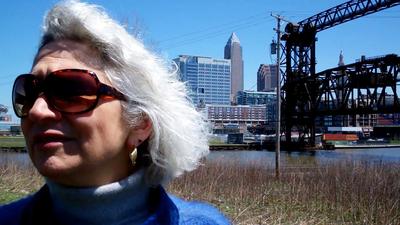
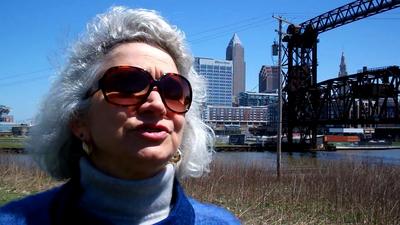






 RSS Feed
RSS Feed

